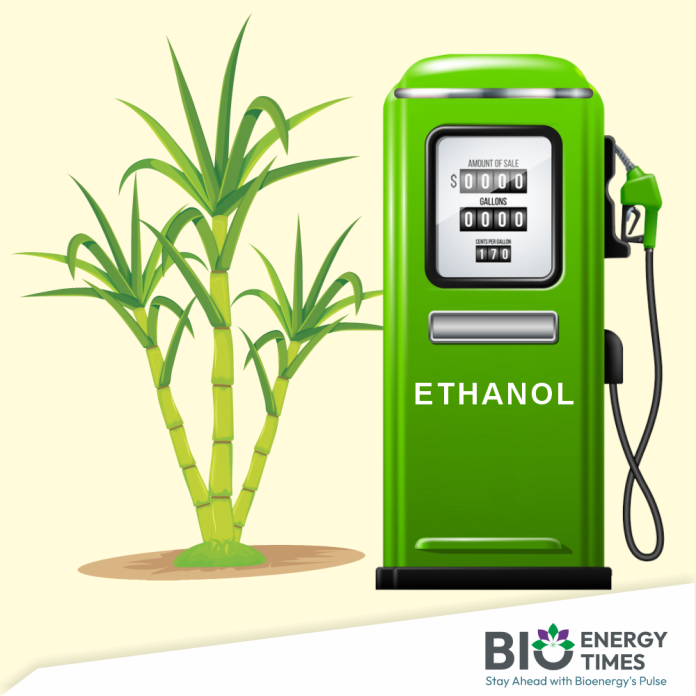Union Minister for Petroleum and Natural Gas, Hardeep Singh Puri, on Monday dismissed concerns regarding the impact of ethanol-blended petrol on vehicles, asserting that there is no adverse effect on their performance. Speaking to the press in Varanasi, Puri clarified, “There is no impact on vehicles.”
He further highlighted the broader benefits of the ethanol blending programme, which, according to him, not only strengthens India’s energy security but also transforms farmers into energy providers. The minister stressed that the programme has saved India approximately Rs 1.4 lakh crore in crude oil imports and contributed to a reduction in pollution levels.
Puri outlined the achievements of the ethanol programme, noting that the government had set a target to reach 10% ethanol blending by November 2020, a goal which was met five months ahead of schedule. The original target of achieving 20% blending by 2030 was also surpassed ahead of time, reaching 20% ethanol blending well before the 2025 deadline. “There is no controversy. The issue arose when discussions about going beyond this level were raised, but no decision has been made on that yet,” he assured, adding that the initiative has also provided considerable environmental benefits, such as reduced atmospheric pollution.
India has made remarkable progress in ethanol blending over the past decade. In 2014, blending stood at just 1.53%, and by 2022, the country achieved the 10% blending target ahead of schedule. The target of 20% blending (E20), initially set for 2030 and later advanced to 2025, was achieved in the current ethanol supply year.
Puri also underscored the significance of the ethanol programme in India’s green energy transition. He pointed to the recent inauguration of a bamboo-based ethanol plant in Assam by Prime Minister Narendra Modi, as part of the nation’s push for sustainable energy solutions. The Numaligarh Refinery Ltd’s second-generation ethanol plant, which uses bamboo as its raw material, is the first of its kind globally. The Rs 5,000 crore facility is expected to help India meet its renewable energy goals.
The Ministry of Petroleum and Natural Gas has also issued a clarification regarding the concerns about the impact of E20 fuel on vehicle performance. The ministry rejected claims that ethanol-blended fuel leads to a significant reduction in fuel efficiency. The statement clarified that the mileage reduction is minimal—about 1-2% in vehicles calibrated for E20, and 3-6% in older models, contrary to earlier allegations of a drastic decrease.
The ministry further assured vehicle owners that the use of E20 fuel does not affect the validity of vehicle insurance. Car manufacturers are working with customers to address any performance-related concerns and offer necessary support, including tuning or parts replacement through authorised service stations.
Since the implementation of ethanol blending in 2014-15, the programme has saved over Rs 1.40 lakh crore in foreign exchange, provided payments of more than Rs 1.20 lakh crore to farmers, and contributed to a significant reduction in carbon dioxide emissions.
In related news, the Supreme Court recently dismissed a petition challenging the nationwide rollout of E20 and calling for ethanol-free petrol. Union Minister for Road Transport and Highways, Nitin Gadkari, also responded to recent criticisms of the blending programme, calling it a “paid campaign” against him.
This marks a continued push by the government to expand its ethanol blending initiatives, aiming to further reduce India’s dependence on imported fuel while promoting cleaner energy alternatives.















